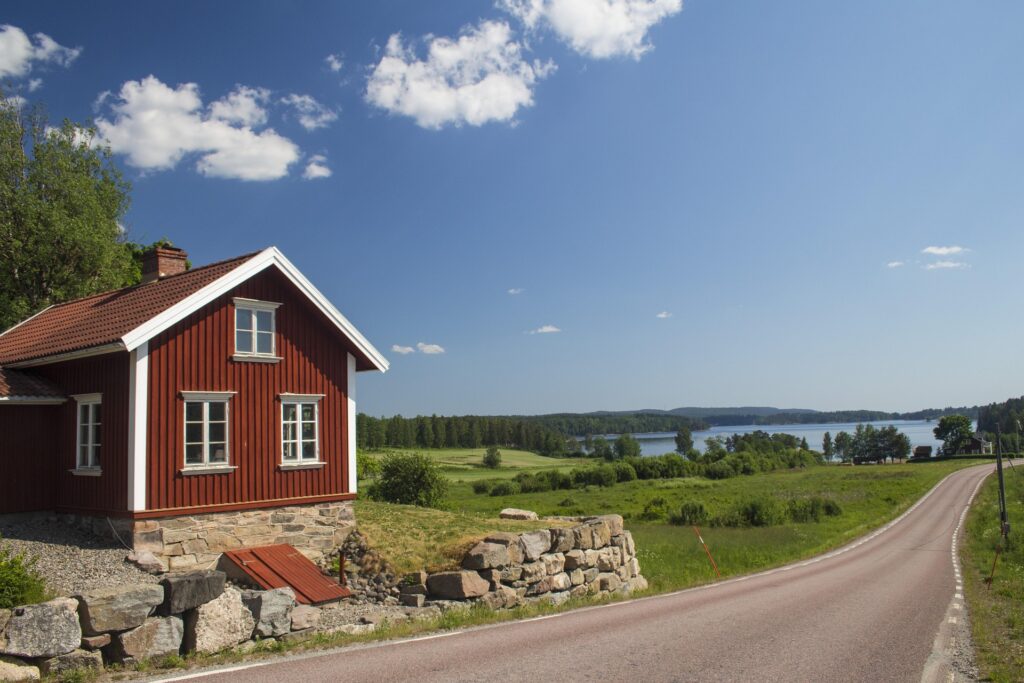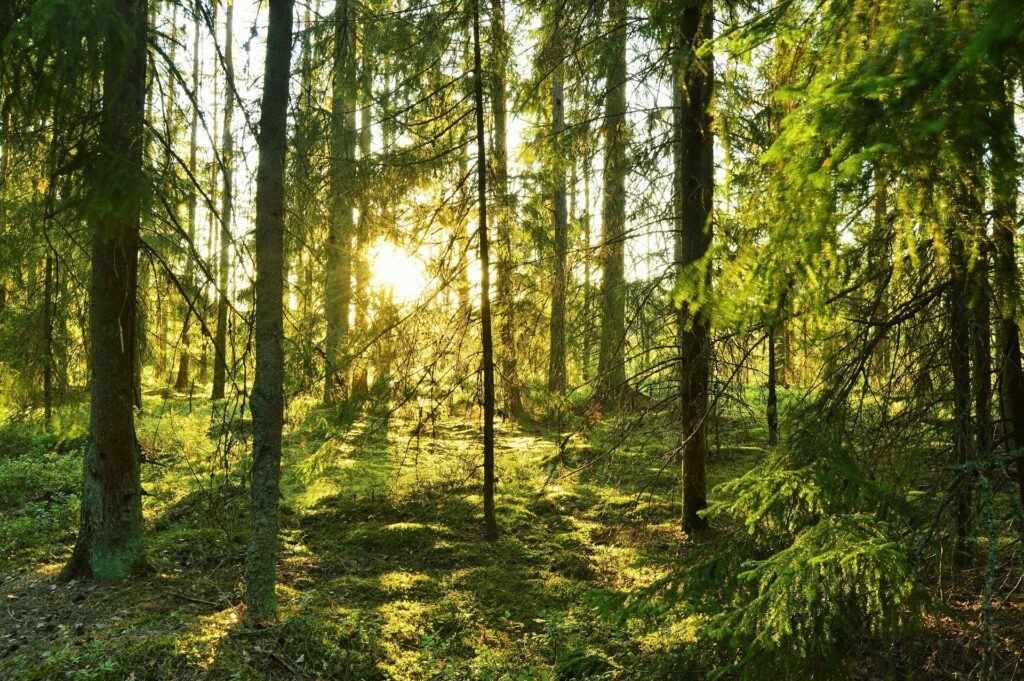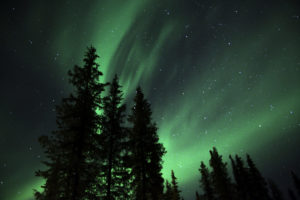Sweden, with its breathtaking landscapes, clean cities, rich history, and progressive values, offers a travel experience unlike any other. Whether you’re planning to explore Stockholm’s urban sophistication, the serene forests of Småland, or the Arctic wonderland of Swedish Lapland, understanding a few key things beforehand will ensure a smooth and enjoyable visit.
Getting There and Entry Requirements
From the United States, major airlines offer direct flights to Stockholm Arlanda Airport (ARN), which is the main international gateway. There are also connections to Gothenburg (GOT) and Malmö (via Copenhagen).
Visa and Passport: U.S. citizens can travel to Sweden and stay for up to 90 days within a 180-day period without a visa. Your passport must be valid for at least three months beyond your planned departure date from the Schengen Area, but six months validity is recommended.
Customs: Sweden is part of the EU and Schengen Zone. If you’re carrying more than €10,000 (or equivalent), you must declare it upon entry. Prescription medications should be kept in original containers and accompanied by a doctor’s note.

Currency, Payments, and Tipping
Currency: Sweden uses the Swedish krona (SEK), not the euro. Most stores and restaurants accept major credit cards, and many are entirely cashless.
Payments: Apple Pay, Google Pay, and contactless cards are widely used. It’s not uncommon to find cafes, bars, or even public transport ticket booths that do not accept cash.
Tipping: Tipping is not obligatory in Sweden, as service charges are typically included. However, rounding up or leaving 5–10% for excellent service is appreciated, especially in restaurants.
Language and Communication
Swedes are highly proficient in English, and nearly everyone under the age of 65 speaks it fluently. All signage in transportation hubs and most menus in restaurants are available in English. Still, learning a few Swedish phrases like “hej” (hello) and “tack” (thank you) is a thoughtful gesture.
Internet and Mobile Use: Wi-Fi is widely available and usually free in hotels, restaurants, cafes, and even public transport. If you’re staying for a while or need mobile data, prepaid SIM cards from providers like Telia, Telenor, or Comviq can be purchased at convenience stores or airports.
Getting Around
Public Transport: Sweden has a well-developed and reliable public transportation system. In cities like Stockholm and Gothenburg, trams, buses, and subways are clean, safe, and punctual. SL (Storstockholms Lokaltrafik) runs Stockholm’s network and uses a contactless card system.
Trains and Long-Distance Travel: SJ (Statens Järnvägar) operates the national rail network, with comfortable and scenic journeys across the country. Booking early online can save money. Domestic flights are also available but trains are more eco-friendly and often just as fast.
Driving: Americans can drive in Sweden with a valid U.S. license. Roads are well maintained, and traffic laws are strictly enforced. Keep in mind that Swedes drive on the right-hand side and headlights must be used at all times.

Weather and What to Pack
Swedish weather varies greatly by season and region.
Summer (June–August): Long daylight hours, especially in the north where the sun barely sets. Mild to warm temperatures; pack layers, a rain jacket, and good walking shoes.
Winter (December–February): Cold and snowy, especially in the north. Stockholm and the south are milder but still cold. Warm boots, thermal layers, and a good coat are essential.
Spring and Fall: Unpredictable but beautiful. Layers and waterproof clothing are recommended.
Don’t forget sunglasses for summer and reflective gear if walking in winter, as days can be very short and dim.
Food, Dining, and Swedish Culture
Swedish cuisine is much more than meatballs. You’ll find a growing array of fine dining, innovative street food, and traditional fare across the country.
Must-Try Dishes: Kanelbulle (cinnamon bun), gravlax (cured salmon), herring, reindeer, and the iconic Swedish fika—a coffee break that includes a pastry and friendly conversation.
Alcohol: Alcohol over 3.5% ABV is only sold at government-run Systembolaget stores, which are closed on Sundays and have limited hours. Bars and restaurants serve alcohol as normal but expect higher prices than in the U.S.
Cultural Norms: Swedes are polite but reserved. Small talk with strangers is uncommon, but kindness and helpfulness are widespread. Respect for personal space and punctuality is highly valued.
Unique Experiences to Consider
- Northern Lights: Best viewed between September and March in the north (e.g., Abisko or Kiruna).
- Midsummer Festival: Held in June, featuring flower crowns, folk music, and traditional food.
- Archipelago Hopping: Take ferries from Stockholm to explore the thousands of nearby islands.
- Sauna Culture: Enjoy a traditional wood-fired sauna, especially in rural or lake areas.
- Sami Culture: Visit Lapland to experience the indigenous culture, reindeer herding, and traditional crafts.
Safety, Health, and Emergency Services
Sweden is one of the safest countries in the world. Violent crime is rare, but use common sense in cities as you would anywhere else.
Emergency Number: Dial 112 for police, ambulance, or fire services.
Health Care: Emergency medical care is available to visitors, but you’ll be charged unless you have insurance. Travel insurance with health coverage is strongly recommended. Pharmacies (“Apoteket”) are widely available and staff often speak English.
Final Tips for a Great Visit
- Plan Ahead: Especially for accommodations and long-distance train tickets.
- Be Eco-Conscious: Swedes are proud of their environmental efforts—recycle, minimize waste, and use public transport where possible.
- Embrace the Pace: Swedish life moves at a relaxed rhythm—enjoy fika, take scenic walks, and don’t rush.
Welcome to Sweden
Sweden is a country that rewards curiosity, courtesy, and a sense of calm adventure. With its balance of natural beauty, modern amenities, and cultural depth, it offers American travelers a safe, enriching, and unforgettable experience. Whether you’re visiting for a few days or a few weeks, you’re sure to leave inspired—and maybe planning your return.
Lapland
 Sweden is a country that rewards curiosity, courtesy, and a sense of calm adventure. With its balance of natural beauty, modern amenities, and cultural depth, it offers American travelers a safe, enriching, and unforgettable experience. Whether you’re visiting for a few days or a few weeks, you’re sure to leave inspired—and maybe planning your return.
Sweden is a country that rewards curiosity, courtesy, and a sense of calm adventure. With its balance of natural beauty, modern amenities, and cultural depth, it offers American travelers a safe, enriching, and unforgettable experience. Whether you’re visiting for a few days or a few weeks, you’re sure to leave inspired—and maybe planning your return.
In the northernmost part of you’ll find the city of Kiruna. Famous for the iron ore mine and fantastic nature. Kiruna has just about everything, from a majestic mountain landscape to exciting architectural history. Here you can go on a snowy winter dog sled tour or visit the nearby Icehotel in Jukkasjärvi. In the summertime, Icelandic horseback riding tours are popular activities. Other outdoor activities include hiking, fishing and experience the Sami culture. For more information about Kiruna and northern Sweden we strongly recommend a visit to the Camp Ripan website.
